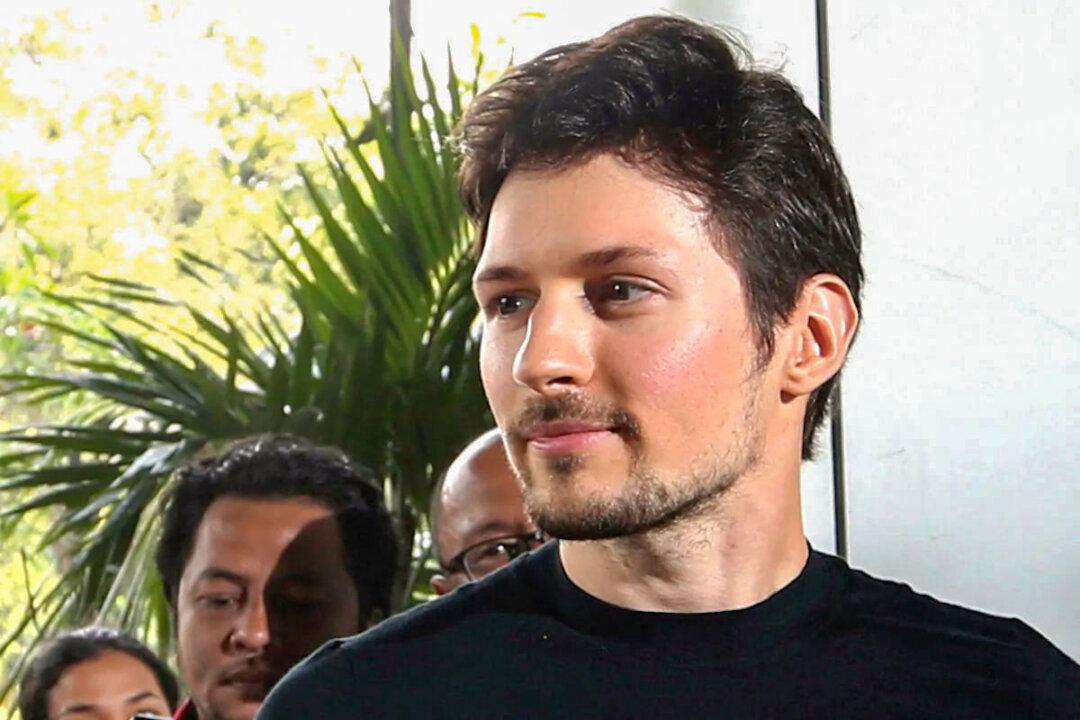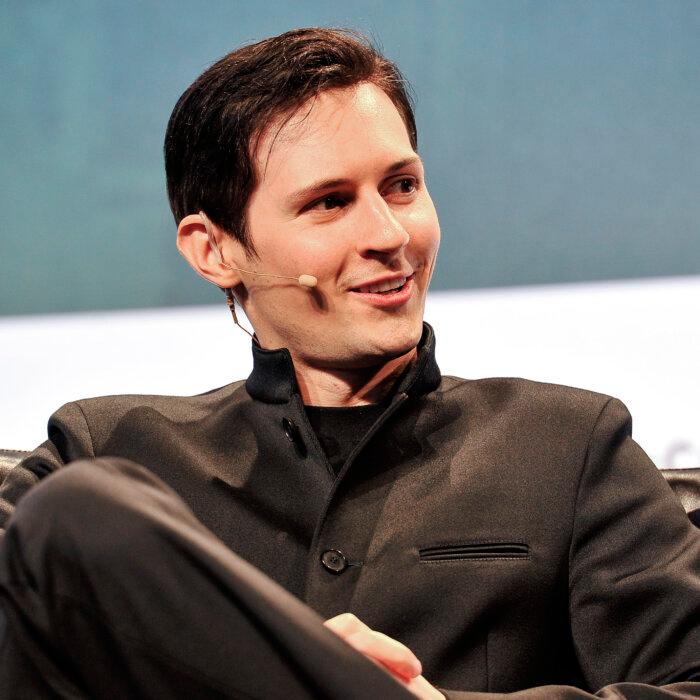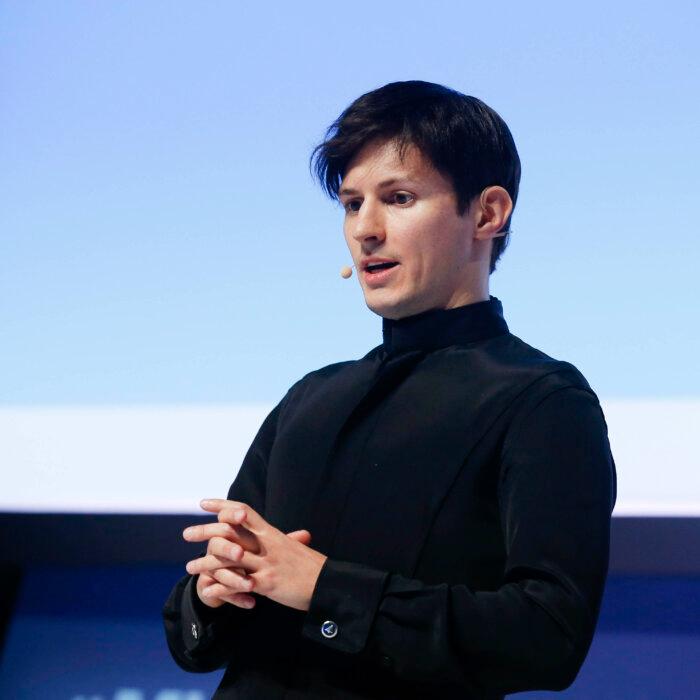In his first public comments since being arrested in France, the founder and CEO of Telegram, Pavel Durov, said the charges against him are misguided and denied the messaging app is an “anarchic paradise.”
Critics have claimed that these group chats have been responsible for spreading disinformation.
Russia-born Durov, writing on his Telegram account on Sept. 5, said, “The claims in some media that Telegram is some sort of anarchic paradise are absolutely untrue. We take down millions of harmful posts and channels every day.”
“We have urgent hotlines with NGOs to process urgent moderation requests faster,” he added.
Telegram has been used by extremists such as ISIS, drug traffickers, and pedophiles.
But Durov said the French authorities should have approached his company with their complaints, rather than detaining him.
She said, “They have indicted Mr. Durov himself, and not the company, which is totally stupid, because Durov cannot do what the company is doing.”
Durov, who holds French nationality, said, “Using laws from the pre-smartphone era to charge a CEO with crimes committed by third parties on the platform he manages is a misguided approach.”
Among the charges against Durov were that he was complicit in allowing Telegram to be used for child sexual abuse material and drug trafficking and that the company had refused to cooperate with criminal investigators.
One preliminary charge accuses Durov of “complicity in managing an online platform to allow illicit transactions by an organized group,” a crime that can carry a prison sentence of up to 10 years and a fine of up to 500 million euros ($556 million).
But Durov said on his Telegram channel, which has more than 12 million subscribers: “Telegram has an official representative in the EU that accepts and replies to EU requests. Its email address has been publicly available to anyone in the UK who Googles ‘Telegram EU address for law enforcement.’”
Flouting ‘Established Practice’
Durov said if France was unhappy with a social media platform or smartphone app the “established practice” was to start a legal action against the company itself.Echoing criticisms made by Elon Musk and many others, Durov said, “No innovator will ever build new tools if they know they can be personally held responsible for potential abuse of those tools.”
Telegram is especially popular in Russia, Ukraine and other former Soviet republics but Durov insisted the platform retained its independence and said Telegram’s mission was to, “protect users in authoritarian regimes.”
Durov left Russia in 2014, after he refused to comply with demands to shut down opposition communities on another social media platform, VKontakte (VK), which he later sold.
Durov, who is residing somewhere in France, said, “When Russia demanded we hand over ‘encryption keys’ to enable surveillance, we refused—and Telegram got banned in Russia.”
“When Iran demanded we block channels of peaceful protesters, we refused—and Telegram got banned in Iran,” he added.
Durov said, “We are prepared to leave markets that aren’t compatible with our principles because we are not doing this for money.”
Durov’s French lawyer, David-Olivier Kaminski, told French media last week, “It’s totally absurd to think that the person in charge of a social network could be implicated in criminal acts that don’t concern him, directly or indirectly.”







